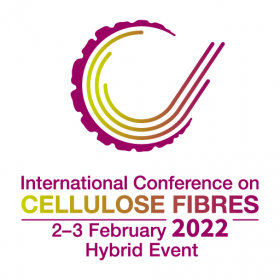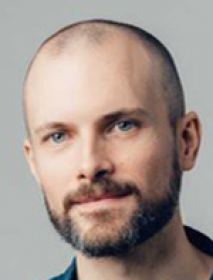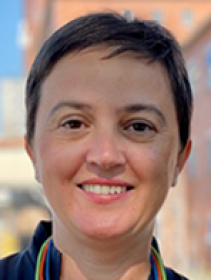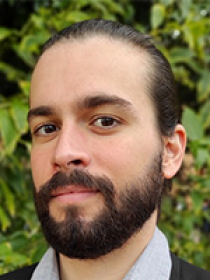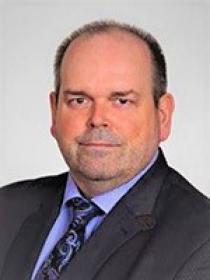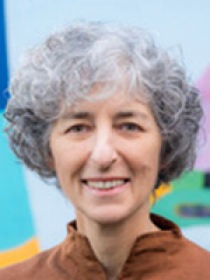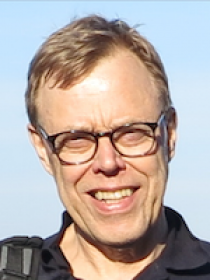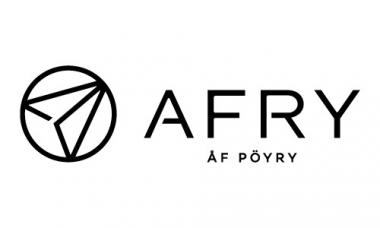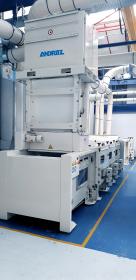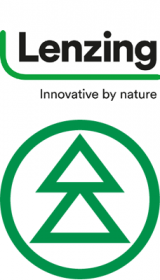New Opportunities for Cellulose Fibres in Replacing Plastics
- Session "Recycling and Other Alternative Feedstocks"
Cellulose fibres are a true material miracle as they offer a steadily expanding, broad range of applications. Meanwhile markets are driven by technological developments and policy frameworks, especially bans and restrictions on plastics, as well as an increasing number of sustainability requirements. The presentations will provide valuable information on the various use-opportunities for cellulosic fibres through a policy overview, a special session on sustainability, recycling and alternative feedstocks, as well as the latest developments in pulp, cellulosic fibres and yarns. In addition, examples of non-wovens, packaging and composites will offer a look beyond the horizon of conventional application fields.
The fourth session, "Recycling and other alternative raw materials", will cover topics ranging from textile recycling - both cotton and regenerated cellulose fibres - to the use of hemp shives as raw material. Self-initiated cooperation and waste management pave the way to a fully closed European material loop where textile waste is collected, recycled and reprocessed into new raw materials.
The speakers will demonstrate the importance of cooperation in recycling fabrics already in circulation, perfectly following the topics and discussions of the previous conference day.
- Heikki Hassi - SciTech-Service (FI): Textile Recycling and MMCFs; Systemic Challenges, Market Opportunities and Advancing Technologies
- Valerie Langer - Canopy (CA): The Perfect Storm – A Five Year Feedstock Shift Forecast
- Helena Claesson - Södra (SE): Two is better than one – Lenzing and Södra together Face the Challenge of Recycling of Textiles
- Marina Crnoja-Cosic - Kelheim Fibres (DE) and Harald Cavalli-Björkman - re:newcell (SE): Sustainable Cellulosic Fibres from Recycled Raw Materials – A Solution for Europe
- Frank Meister - Thüringisches Institut für Textil- und Kunststoff-Forschung (DE): Lyohemp Fibres Made of Dissolving Pulp Based on Hemp Shives
- Miguel Sanchis-Sebastiá - ShareTex (SE): Expanding Textile Recycling Beyond Cotton: Innovations to Recycle Regenerated Cellulose Fibers


